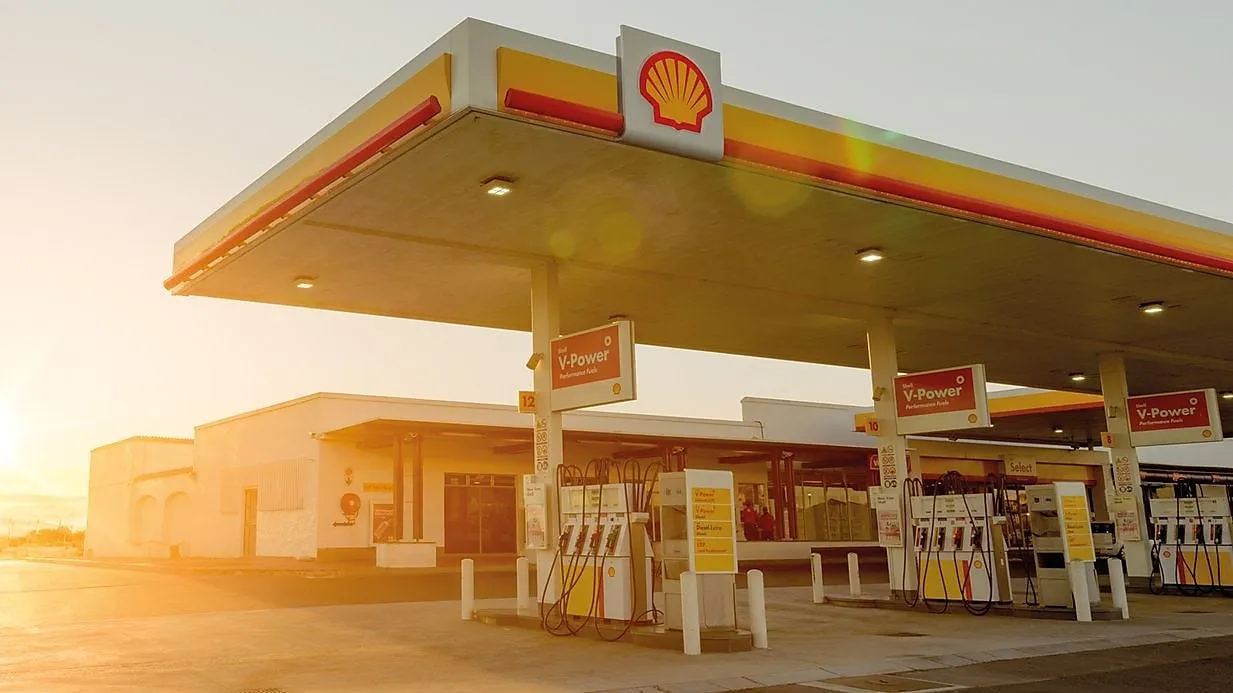An unprecedented lawsuit was filed by Shell's board over its climate strategy
Shell's directors are being sued in a first-of-its-kind lawsuit for allegedly failing to adequately manage the risks associated with the climate emergency.
As a shareholder, environmental law firm ClientEarth filed a lawsuit against the board of the British oil major at the high court of England and Wales on Thursday in its capacity as a shareholder.
In the lawsuit, 11 members of Shell's board have been accused of mismanaging climate risk, and by failing to implement an energy transition strategy that conforms to the landmark Paris Agreement of 2015, they are violating company law.
This claim is the first in the world that seeks to hold a board of directors liable for failing to properly prepare the company for the transition to a low-carbon economy, and it is backed by institutional investors with over 12 million shares in the company.
“While Shell may be making record profits at present because of the turmoil of the global energy market, the writing is on the wall for fossil fuels in the long term,” Paul Benson, senior attorney at ClientEarth, said in a statement.
“There is no doubt that the shift from a high-carbon economy to a low-carbon economy is inevitable, but it is already happening. "And yet, despite that, Shell's Board continues to press ahead with a transition strategy that is fundamentally flawed, leaving Shell seriously exposed to the risks that climate change poses to Shell's future success - despite the Board's legal duty to manage those risks," Benson said.
As part of the group of investors supporting the claim, there are U.K. pension funds Nest and London CIV, Swedish pension funds AP3, French asset managers Sanso IS, and Danske Bank Asset Management that is involved. As a whole, there is more than half a trillion dollars worth of assets under management by institutional investors.
“ClientEarth's allegations are not acceptable to Shell,” a spokesperson said. “At all times, the directors acted in the best interests of the company and complied with their legal duties."
“In its attempt to overturn the board's policy as it has been approved by our shareholders, ClientEarth has made use of a derivative claim in order to attempt to do so. We will oppose their application to obtain a court order allowing them to pursue this claim in court," they added as part of the statement.
Its climate targets are aligned with Paris, according to Shell, which plans to become a net-zero emissions company by 2050.
It has been stated by ClientEarth, however, that leading third-party assessments suggest that this is not the case, because Shell's strategy does not include short to medium-term targets to reduce the emissions from the products it sells, also known as Scope 3 emissions, despite the fact that these emissions account for over 90% of the firm's total emissions.
In a nutshell, the Paris Agreement sets an aspirational goal of striving to limit global warming to 1.5°C over pre-industrial levels by reducing emissions of greenhouse gases by at least half. Keeping the global temperature rise under 1.5 degrees Celsius is widely regarded as being one of the most important issues because as the temperature rises, so-called tipping points are becoming more likely to occur. A lot of these thresholds can be defined as the point at which small changes can have a drastic effect on the whole ecosystem of the Earth.
The climate emergency is primarily caused by the burning of fossil fuels, such as oil and gas.
Big Oil profit bonanza
Shell recently reported its highest-ever annual profit of nearly $40 billion.
In 2022, the energy giant earned more than double its full-year 2021 profit of $19.3 billion, which was more than double the previous record of $28.4 billion in 2008.
The CEO of Shell, Wael Sawan, has described 2022 as a "huge year" for the organization and said that he feels privileged to be stepping into the role he started on January 1 as the company embarks on this new chapter.
“As we look ahead, I think we have a unique opportunity to succeed as the winners of the energy transition. I think the portfolio we have is unmatched," Sawan said.
After Russia's full-scale invasion of Ukraine, Shell's profits soared as part of a Big Oil profit bonanza last year.
Mark Fawcett, Nest's chief investment officer, said the Shell case showed investors were willing to challenge those who weren't transitioning their businesses adequately.
“We hope the entire energy industry pays attention,” Fawcett said.
It was Jacqueline Amy Jackson, Head of Responsible Investment at London CIV, who said, "We believe that a board of directors of an emitting company has a fiduciary obligation to manage climate risk, and in doing so, to take into consideration the impacts of their decisions on climate change, and to reduce their contribution to it.".”
“In our view, ClientEarth's claim for compensation as a shareholder of Shell is in the interests of our client funds, so we support it,” Jackson said.

Subscribe to our newsletter!
As a leading independent research provider, TradeAlgo keeps you connected from anywhere.








